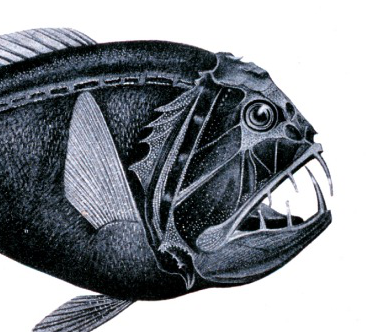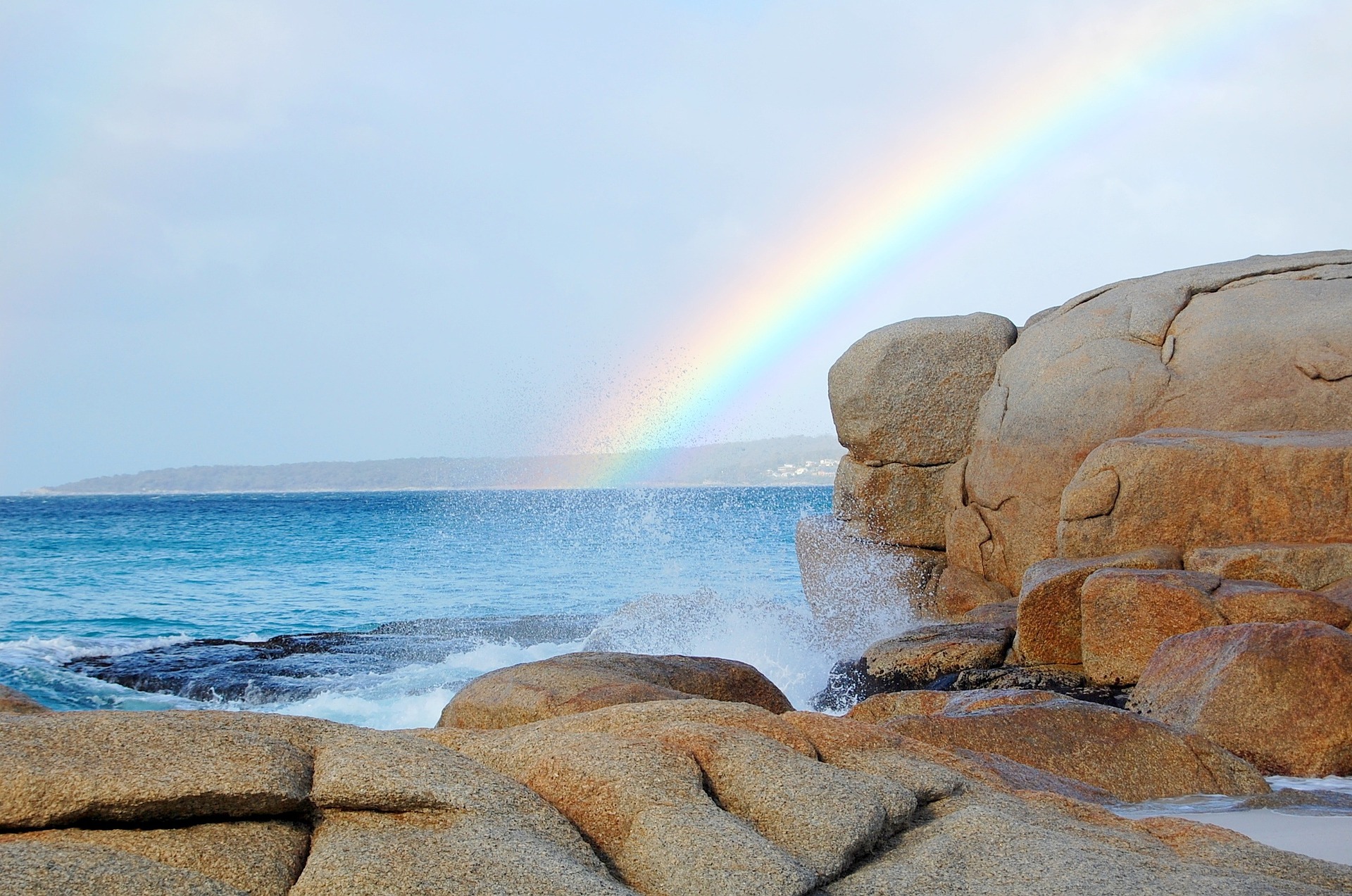
Applications are open for the Communicating Science 2017 (ComSciCon17) workshop, to be held in Cambridge, MA on June 8-10, 2017! The deadline for applying is March 1st. Graduate students at U.S. institutions in all fields of science, technology, engineering, health, mathematics, and related fields are encouraged to apply.
The ComSciCon workshop comes highly recommended by several oceanbites contributors. The first ComSciCon was, in fact, where the idea for the oceanbites blog was first thought up! As for past ComSciCon national workshops, acceptance to the workshop is competitive; attendance is free and travel support and lodging will be provided to accepted applicants.
Participants will build the communication skills that scientists and other technical professionals need to express complex ideas to the general public, experts in other fields, and their peers. In additional to panel discussions (on topics such as Media and Journalism, Science Advocacy, and Diversity in Science Communication), ample time is allotted for networking with science communication experts and developing science outreach collaborations with fellow graduate students.
You can follow this link to submit an application or learn more about the workshop programs and participants. You can also follow ComSciCon on Twitter (@comscicon) and use #comscicon17 !
ComSciCon was founded by members of the Astrobites collaboration and other graduate students. ComSciCon 2017 is sponsored by Harvard University, the Massachusetts Institute of Technology, University of Colorado Boulder, the American Association for the Advancement of Science, the American Chemical Society, the American Astronomical Society, the Optical Society, IOP Publishing, and the American Institute of Physics.
I am the founder of oceanbites, and a postdoctoral fellow in the Higgins Lab at Colorado School of Mines, where I study poly- and perfluorinated chemicals. I got my Ph.D. in the Lohmann Lab at the University of Rhode Island Graduate School of Oceanography, where my research focused on how toxic chemicals like flame retardants end up in our lakes and oceans. Before graduate school, I earned a B.Sc. in chemistry from MIT and spent two years in environmental consulting. When I’m not doing chemistry in the lab, I’m doing chemistry at home (brewing beer).

